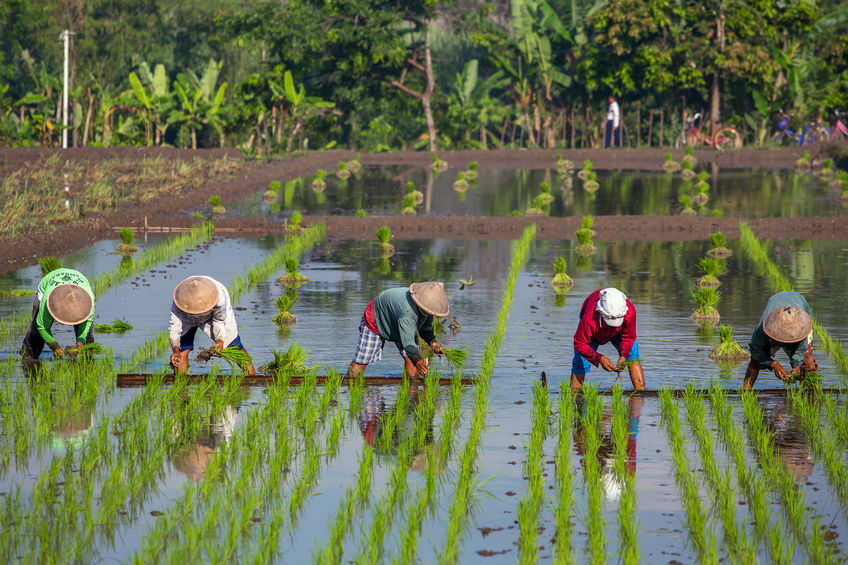The CCASIA Region - Regional Coordinator China
The Coordinating Committee for Asia was established at the 11th Meeting of the Codex Alimentarius Commission held in Rome, Italy, in July 1976. Its first meeting was held in New Delhi (India) in January 1977.
The regional coordinator operates from within the China National Center for Food Safety Risk Assessment.
China’s main priorities as coordinator include enhancing participation in Codex meetings, supporting the prioritization of Codex work in the region, improving harmonization of food safety standards and accelerating the revitalization of the coordinating committee by sharing information and providing regular updates on food safety issues within the region.
China also wishes to promote collaboration with observer organizations and improve efficient and effective communication between regional members FAO, WHO, and the Codex Secretariat.
CCASIA Coordinator
All information on Codex is public and free.
For regional enquiries contact:
CCASIA Secretariat
No.37,Guangqu Road, Chaoyang District, Beijing 100022
Tel:
Tel: +86-10-52165402
Email: [email protected]
Netherlands and Indonesia co-host Codex contaminants meeting
The Netherlands began hosting the Codex Committee on Contaminants in Food in 2007 and in the 13 sessions since then, five have been co-hosted abroad. When business gets underway on 29 April 2019, Yogyakarta, Indonesia will be the sixth foreign location.
Cooperation with Indonesia … has been a joy
When a country co-hosts they make a world-wide contribution to food safety. “The Netherlands and Codex have a long history together and co-hosting for us is a means to bring Codex and everything it stands for closer to the different regions in the world”, said Wieke Tas, Chairperson of the committee. Countries that are willing to co-host can show their commitment to Codex; it is an excellent way to get attention for Codex Alimentarius in their country and strengthen the regional and local Codex organization. Co-hosting is a partnership and it requires a lot of work. “Cooperation with Indonesia for this meeting up to now has been a joy”, said Tas.
Co-hosting increases awareness
Indonesia has previous co-hosting experience, most recently Processed Fruits and Vegetables in 2010 and the Nutrition Committee in 2014. Wahyu Purbowasito from the Secretariat of the Codex Contact Point, hosted in The National Standardization Agency of Indonesia said, “We found that being co-host for Codex Committee meetings has increased awareness of the importance of being involved in Codex, not only for government institutions but also for food industries”.

Rice planting near Yogyakarta, Indonesia
One of Indonesia’s strategic goals is to increase participation and leadership in Codex work. This can be achieved by taking part in and contributing to the development of Codex standards, co-hosting certain Codex Committees of particular interest and taking a role in Codex leadership. Purbowasito also hopes that the Codex strategic plan can encourage more national experts “to be involved in generating scientific data for the purpose of developing food standards and support their participation in scientific expert bodies”.
The co-hosting of the meeting in Yogyakarta can be used as an important stepping stone for Indonesia towards more effective participation in the activities of the Codex Alimentarius Commission and its supporting bodies. The meeting will “provide opportunities to increase awareness of the importance of food safety and international food trade, for food officials and decision makers”, said Purwiyatno Hariyadi, from Indonesia, vice-chair of the Codex Alimentarius Commission. Indonesia uses Codex standards as a reference in developing its national food policy and regulations. “That is why Indonesia has always been active in various Codex standard development activities”, he said.
Follow the committee on the CCCF meeting page
Read more about contaminants in food in Codex









Leave a comment